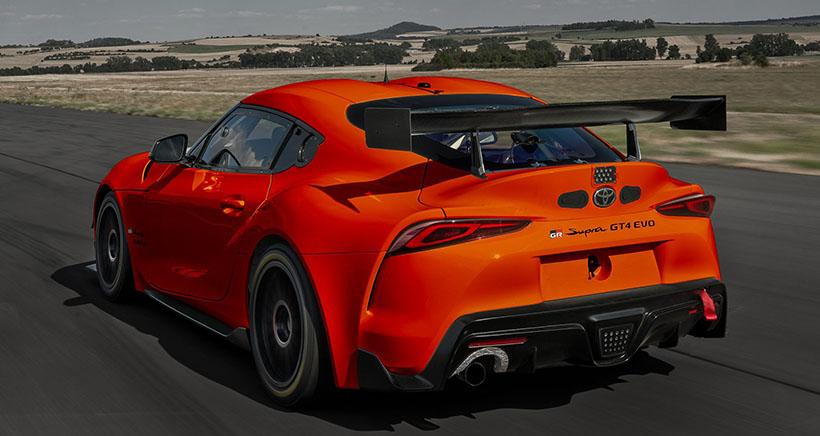|
|
|
- NHRA announces eight-race schedule for 2024 NHRA Hot Rod Heritage Racing Series - January 17, 2024
- Forgeline and Pratt Miller Motorsports Announce New Multi-Year Partnership - January 17, 2024
- TAG Heuer Porsche’s Pascal Wehrlein converts narrow pole to commanding win in the Season 10 opener of the ABB FIA Formula E World Championship at the 2024 Hankook Mexico City E-Prix - January 16, 2024

